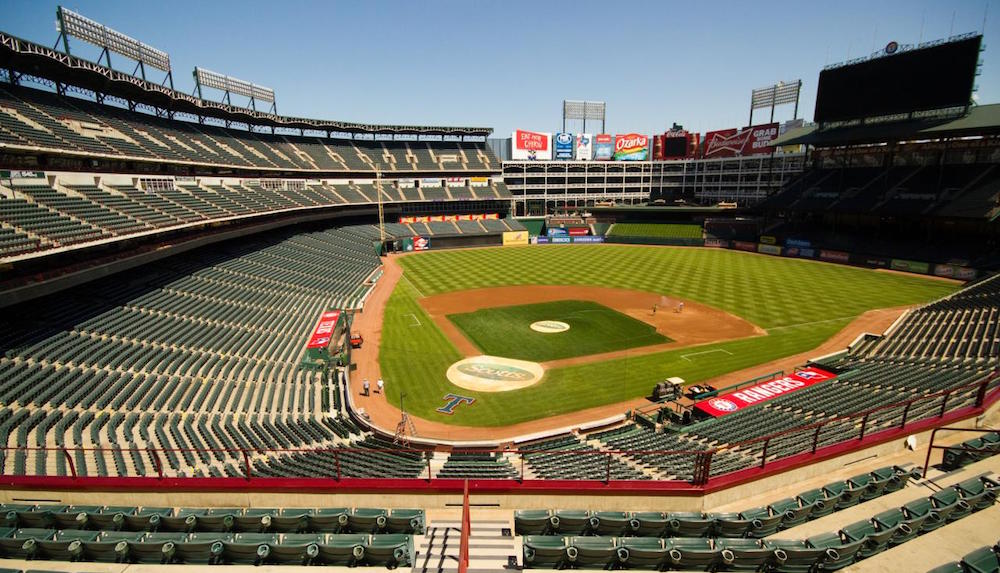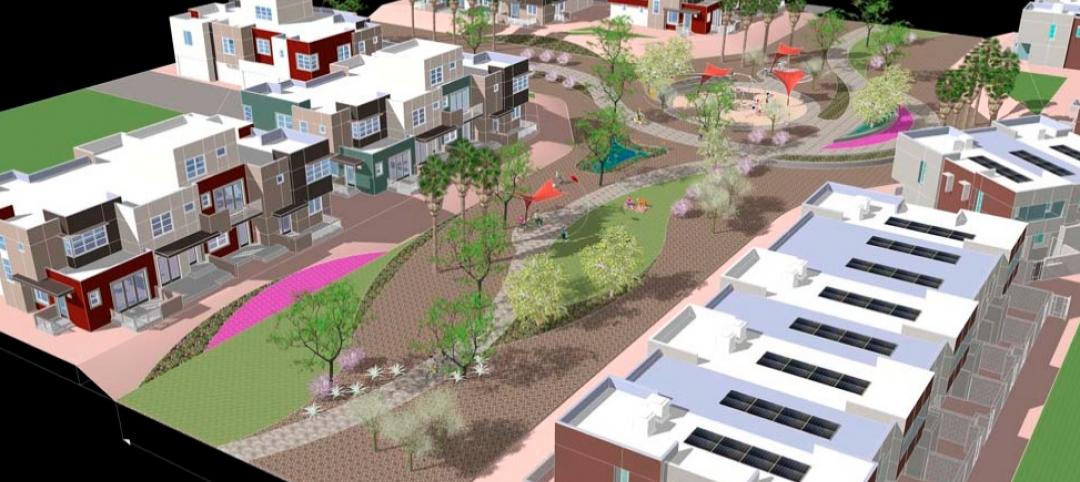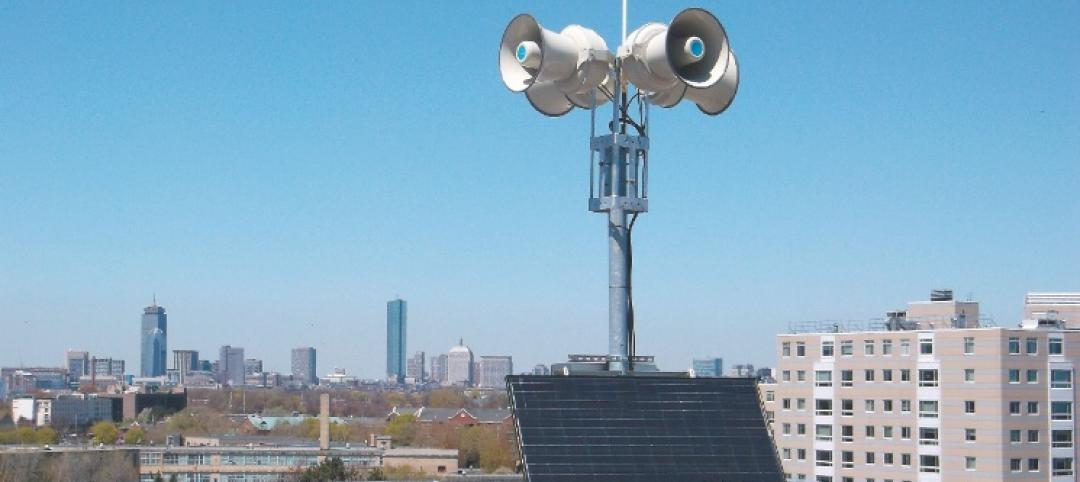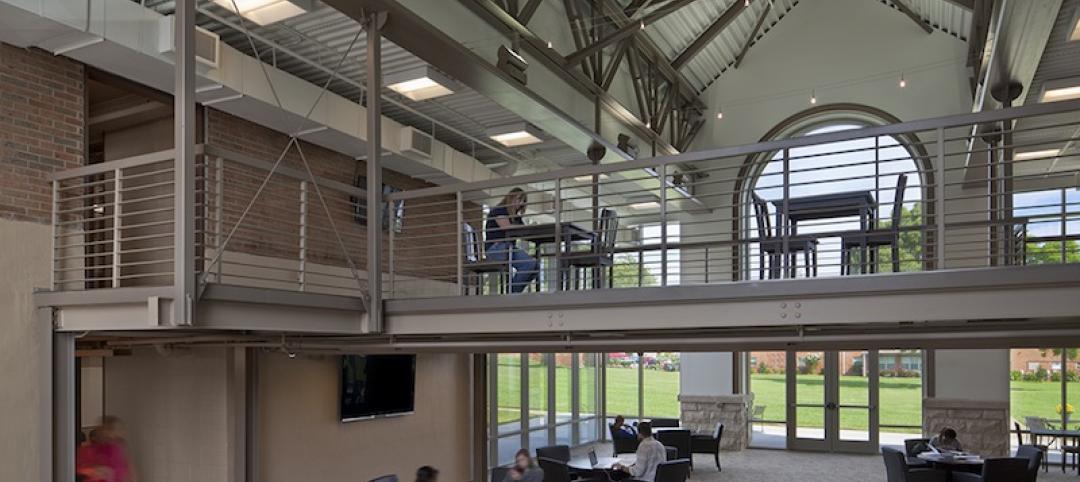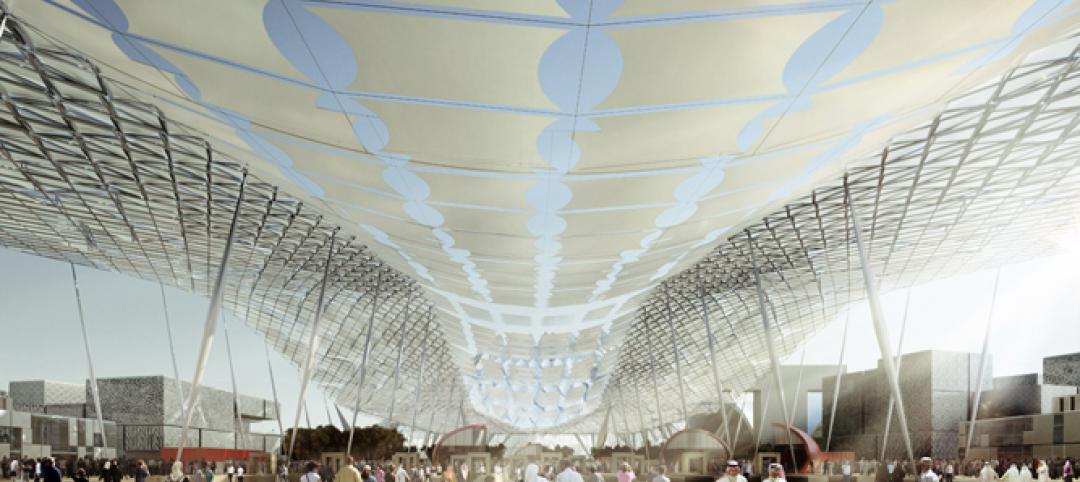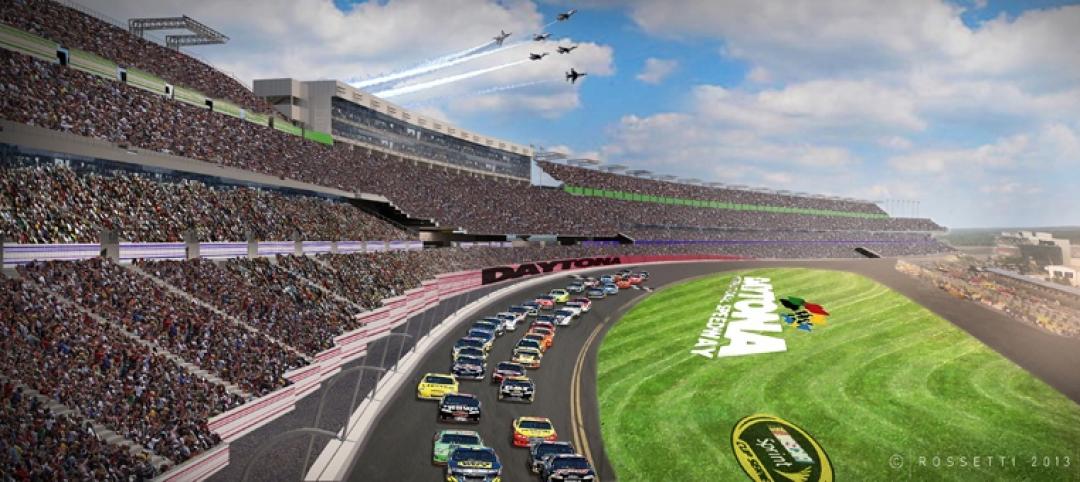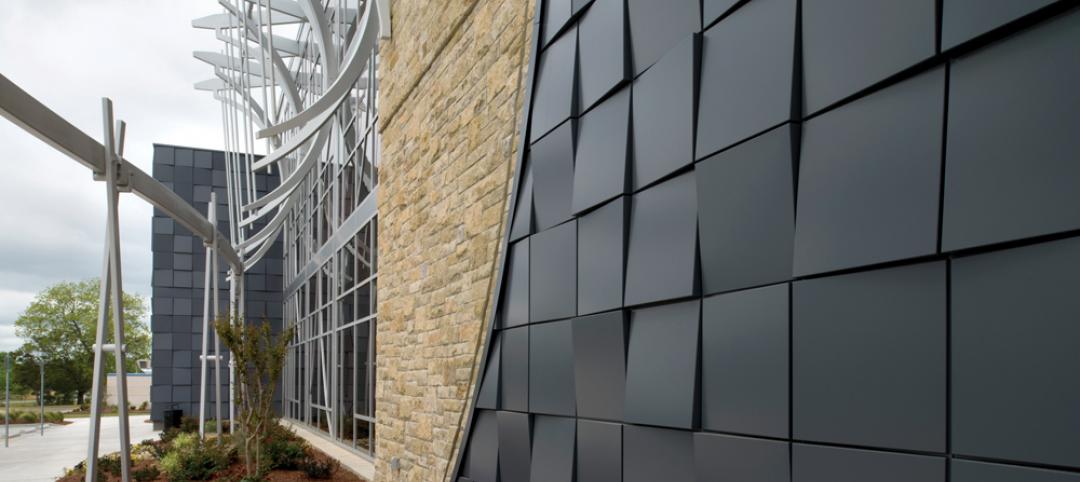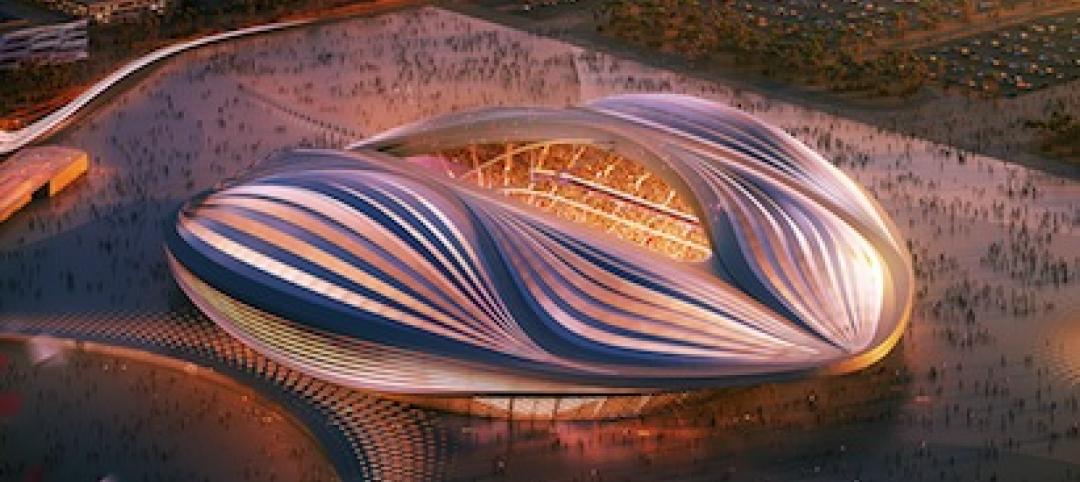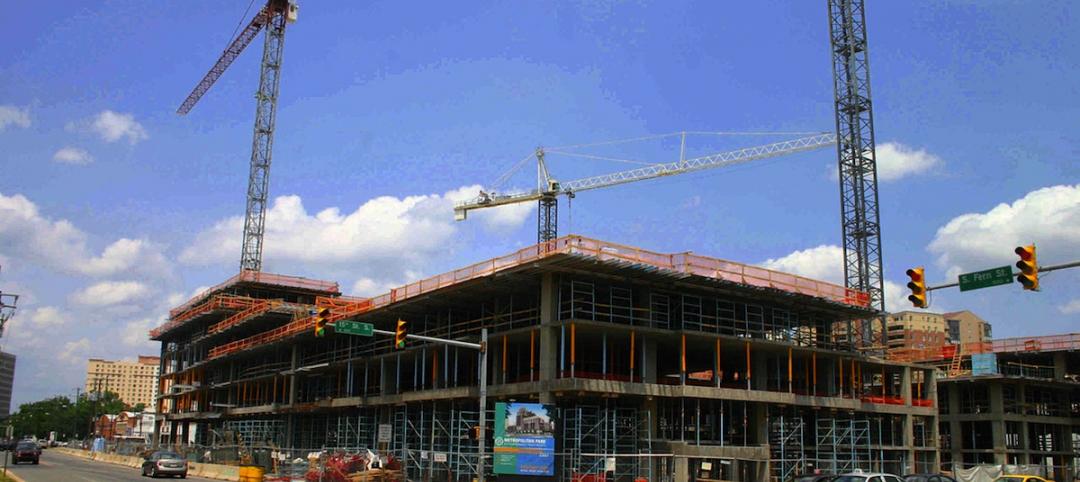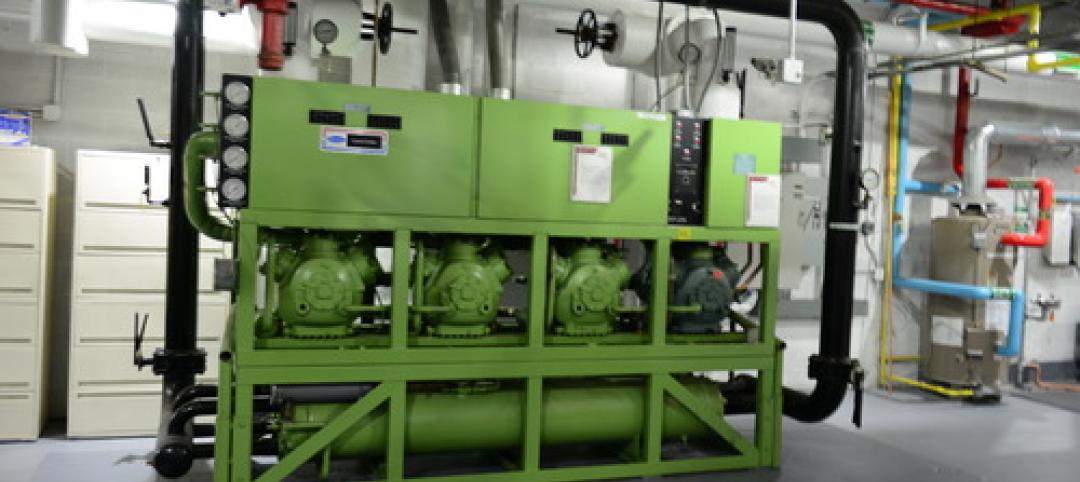On Friday afternoon, the Texas Rangers announced that they would be building a new $1 billion, retractable roof ballpark in the Dallas suburb of Arlington.
The announcement is a surprise for a few reasons. One, there has been no rumors or speculation that the baseball club was looking to build a new home. Two, the Rangers’ current stadium, Globe Life Park in Arlington, only opened in 1994.
The Star-Telegram reports that the $1 billion cost will be split equally between the city and the Rangers, and that the agreement will keep the team in Arlington until 2054. The tax dollars will come from a half-cent sales tax, a 2% hotel occupancy tax, and a 5% car rental tax. The proposal requires voter approval on November 8.
JUST IN: Early renderings of new Rangers ballpark https://t.co/Hu4mxd4Mn3 pic.twitter.com/taBfCz5HQt
— SportsDayDFW (@SportsDayDFW) May 20, 2016
The retractable roof and air conditioning system would be a game-changer for the players and fans. Temperatures in Arlington regularly reach the mid-90s and triple digits during the summer.
Construction on the new park could begin as soon as late 2017, and the rangers may move in before their lease at Globe Life Park expires in 2023.
This fall, construction will begin on the $200 million Texas Live! The seven-acre development will serve the current and proposed ballparks, and it will have 100,000 sf of restaurant, bar, and retail space, 35,000 sf of convention space, and a 300-bed luxury hotel.
Related Stories
| Dec 27, 2013
$1 billion 'city within a city' development approved by Coachella, Calif., city council
The mega development includes 7,800 homes, a retail center, office space, and nearly 350 acres of open space.
| Dec 13, 2013
Safe and sound: 10 solutions for fire and life safety
From a dual fire-CO detector to an aspiration-sensing fire alarm, BD+C editors present a roundup of new fire and life safety products and technologies.
| Dec 10, 2013
16 great solutions for architects, engineers, and contractors
From a crowd-funded smart shovel to a why-didn’t-someone-do-this-sooner scheme for managing traffic in public restrooms, these ideas are noteworthy for creative problem-solving. Here are some of the most intriguing innovations the BD+C community has brought to our attention this year.
| Dec 9, 2013
Tips for designing higher education's newest building type: the learning commons
In this era of scaled-down budgets, maximized efficiencies, new learning methods and social media’s domination of face time, college and university campuses are gravitating toward a new space type: the learning commons.
| Dec 4, 2013
First look: Dubai's winning bid for World Expo 2020 [slideshow]
Dubai has been chosen as the site of the 2020 World Expo. HOK led the design team that developed the master plan for the Expo, which is expected to draw more than 25 million visitors from October 2020 through April 2021.
| Dec 3, 2013
Historic Daytona International Speedway undergoing $400 million facelift
The Daytona International Speedway is zooming ahead on the largest renovation in the Florida venue’s 54-year history. Improvements include five redesigned guest entrances, an extended grandstand with 101,000 new seats, and more than 60 new trackside suites for corporate entertaining.
| Nov 27, 2013
Wonder walls: 13 choices for the building envelope
BD+C editors present a roundup of the latest technologies and applications in exterior wall systems, from a tapered metal wall installation in Oklahoma to a textured precast concrete solution in North Carolina.
| Nov 26, 2013
Video: Zaha Hadid's stadium for Qatar 2022 World Cup
Zaha Hadid Architects, in conjunction with AECOM, has released renderings for a major stadium being designed for the Qatar 2022 FIFA World Cup--an event that will involve up to nine stadiums.
| Nov 26, 2013
Construction costs rise for 22nd straight month in November
Construction costs in North America rose for the 22nd consecutive month in November as labor costs continued to increase, amid growing industry concern over the tight availability of skilled workers.
| Nov 25, 2013
Building Teams need to help owners avoid 'operational stray'
"Operational stray" occurs when a building’s MEP systems don’t work the way they should. Even the most well-designed and constructed building can stray from perfection—and that can cost the owner a ton in unnecessary utility costs. But help is on the way.


